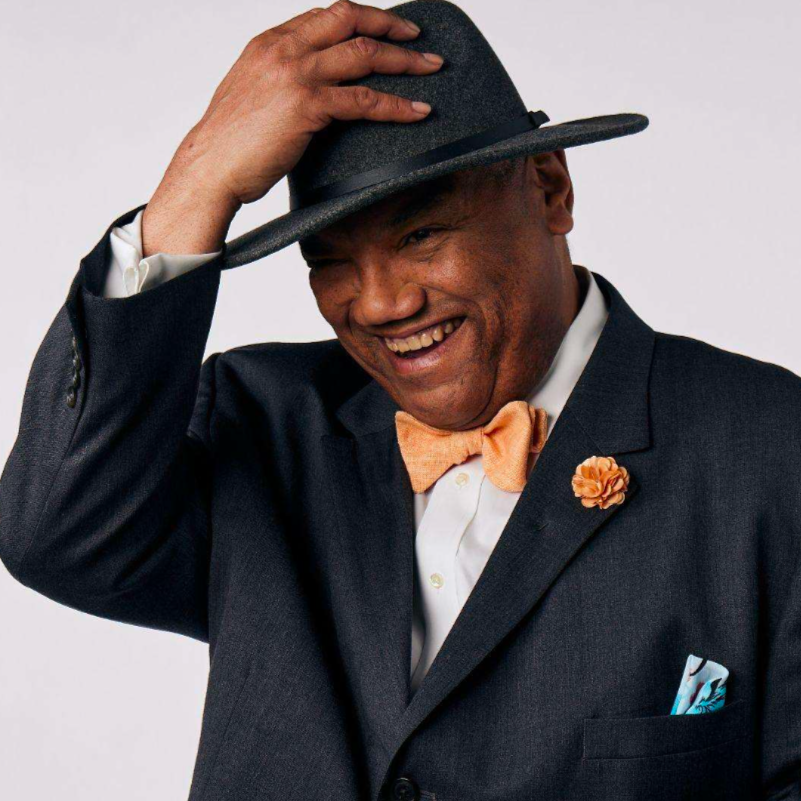Falcons release suspended QB Michael Vick
The Atlanta Falcons and Michael Vick are set to move on after the team issued the quarterback's unconditional release on Friday.
The team had been seeking to trade Vick even though he remains suspended by the NFL for his conviction on dog-fighting and gambling charges. He last played for the Falcons in 2006.
"We spent a significant amount of time this off-season trying to trade him to another NFL club, and we had some conversations with a few teams, but nothing materialized," general manager Thomas Dimitroff said on the team's Web site. "At this point, we feel releasing Michael is best for him and best for us."
Vick is now free to pursue any playing opportunities that come forth. No one could say if or when Vick might be reinstated - "that's up to [Commissioner Roger Goodell]," Dimitroff said -- but NFL rules allow teams to sign suspended players.
"Everybody already knew that Michael would not be playing with the Falcons," Vick's agent, Joel Segal, told the AJC. "He's just taking it one day at a time."
Vick is getting some support from the coaching fraternity to be allowed to return to the league.
Seattle Seahawks coach Jim Mora, who coached Vick with the Falcons from 2004 to 2006, recently said Vick deserved to be reinstated to the NFL (though Mora's team was not interested). And retired Indianapolis Colts coach Tony Dungy, who met with Vick in prison, said he believed Vick deserved a second chance.
The remainder of Vick's signing bonus ($7.11 million) will count against the team's salary cap this season but there will be no impact beyond this year, Dimitroff said. The Falcons are currently about $20 million under the $128 cap.
Vick's contract awarded him $37 million in guaranteed money when he signed it in 2003. He was set to earn $6.43 million for the 2009 season and an additional $680,000 for his prorated bonus.
The Falcons reached a settlement with Vick as part of his bankruptcy case and he agreed to pay the team $6.5 million or $7.5 million. The amount will be determined later this year with the ruling of the U.S. 8th Circuit Court of Appeals, which is considering a breach of contract suit filed by the Falcons.
An arbitrator ruled last year that the Falcons were entitled to more than $20 million of signing bonus money following Vick's arrest on felony charges related to dogfighting. A federal district judge reduced the amount to $3.75 million, which the team appealed.
Under the agreement reached in Vick's bankruptcy case and filed last week, if the 8th Circuit rules in the Falcons' favor, Vick will pay the team $7.5 million. If the appellate court rejects the Falcons' appeal, Vick would repay the team $6.5 million, according to the settlement agreement.
Vick still has other legal issues to resolve before a return to the NFL. Vick must conclude his prison sentence -- he is currently serving the final five weeks of his federal sentence in home confiement -- to be reinstated to the league and clear up remaining bankruptcy issues and a new pension fraud case.
Vick will also have to explain why he lied to Goodell about the dogfighting operation and show remorse.
Vick was drafted by the Falcons in 2001 out of Virginia Tech and played six seasons with the team.
More Stories
The Latest


